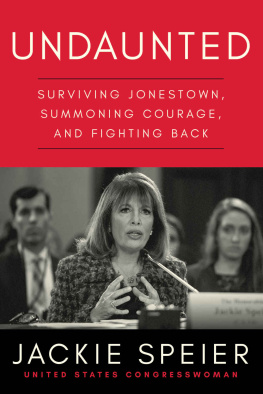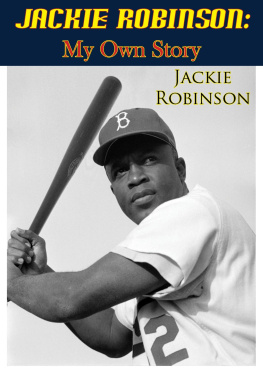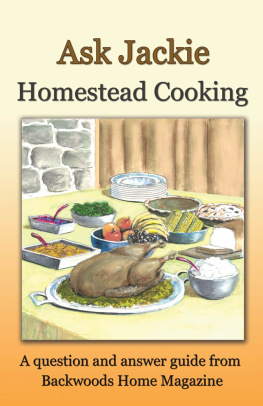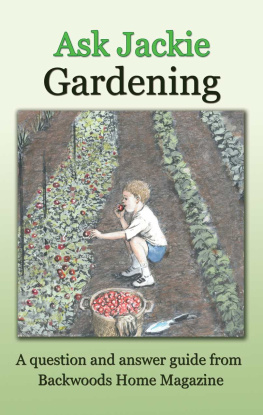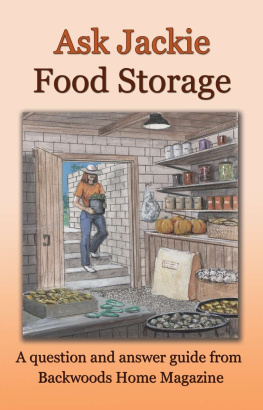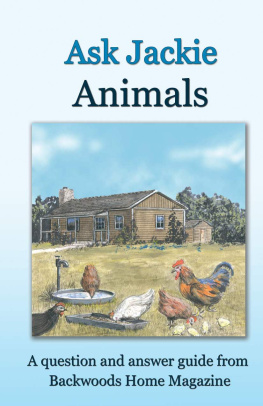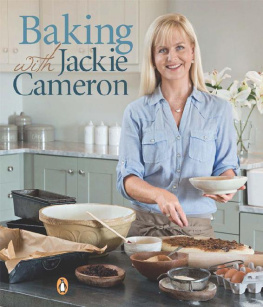

Text copyright 2018 by Jackie Speier
All rights reserved.
No part of this book may be reproduced, or stored in a retrieval system, or transmitted in any form or by any means, electronic, mechanical, photocopying, recording, or otherwise, without express written permission of the publisher.
Published by Little A, New York
www.apub.com
Amazon, the Amazon logo, and Little A are trademarks of Amazon.com, Inc., or its affiliates.
ISBN-13: 9781503903609 (hardcover)
ISBN-10: 1503903605 (hardcover)
ISBN-13: 9781503903593 (paperback)
ISBN-10: 1503903591 (paperback)
Cover design by Jarrod Taylor
Cover photo NICHOLAS KAMM/AFP/Getty Images
All photos, unless otherwise noted, are courtesy of Jackie Speier.
First edition
CONTENTS
Prologue
I was dying. It was just a matter of time. Lying behind a wheel of the airplane, bleeding out of the right side of my devastated body, I waited for the rapid shooting to stop, then said my Act of Contrition, praying by rote for forgiveness. I used what little energy I had left to finish that prayer before the lights went out.
But the lights didnt go out, and I slowly began to take stock of my situation. I was twenty-eight years old, and I was about to die. My life would never be the one Id imagined: Id never get married, or become the mother of a boy and a girl, or leave the world a better place, or gently pass when it was my time to go, surrounded by loved ones. Instead, my story was coming to an end on a dusty runway in the humid Guyanese jungle, thousands of miles from home. I dont know if its possible to articulate how urgently aware you become of the fleeting nature of your existence when youre confronted with its end.
I lay there for what felt like an eternity. Somehow, through the encroaching darkness of my final thoughts, I saw my eighty-seven-year-old grandma Emma, the tough, marvelous matriarch of my family. All I could think was I am not going to make Grandma live through my funeral. Not if I can help it . I couldnt bear the vision of her sitting in front of my casket, suffering. If not for my reverence for her, I dont believe I would be alive today. She encouraged me to summon my will to move. Breathing heavily, I dragged my shattered body away from that wheel. Neither my doctors nor I could explain how I physically managed it, given my state, but I pulled myself up to my feet and stumbled around to take shelter in the baggage compartment.
I survived. Survival against unfathomable odds can make every day that follows swell with a renewed sense of purpose, though not immediately, and not for everybody. But with the hindsight of forty years, I see that my baptism by gunfire guided me into the life I was meant to live: one of public service, one that would ignite the courage to make my voice heard, and one that would carry with it a visceral appreciation for each new day. That sentiment was far from my desperate thoughts at the time. Truth be told, it would have been far easier to have closed the box on Guyana long ago, or to have pushed the memory away into the recesses of my mind. What happened in that jungle was a massacre. A nightmare. Though I survived, something within me did die on that airstripbe it my innocence or my belief in the natural fairness of life. But I cant deny how radically that nightmare molded my perspective and my instincts and how much it has informed the woman I am today.
We dont get to choose our formative moments. Very often, adversity and failure shape us more permanently than fortune and success. That has certainly been the case in my life. The major setbacks Ive enduredand there have been manyhave actually propelled me onward, each one reminding me how important it is to stand up again, as difficult as it may be, stronger and more steadfast. Pain yields action; it can introduce a fervor to speak out for those whose voices are not heard. Surviving Jonestown crystallized where I needed to focus my energy. It convinced me that I had a purpose. All I had to do was figure out how to fulfill it.
Chapter One
THE EARLY YEARS
Women are tough in my family. Weve had to be.
My mother, a first-generation Armenian American, lost most of her extended family in the 1915 genocide. She was born in Fresno, California, where her immigrant parents struggled to pull a life together for themselves and their six children. Nancy, my mother, was the third eldest and stood in breadlines with my grandfather every Sunday to claim the food that would help feed their family. On the way home from school, she and her siblings ran from the neighborhood bullies who threw rocks at the poorer kids. Small but steely, Nancy vowed she would never be poor like that again. And because she was such a determined, self-actualizing person, she did whatever was necessary to make good on that promise.
After graduating from high school, my mother went to a typist pool for the US government in San Francisco and found clerical work at both Fort Mason and the Ferry Building. This was in the thick of the Depressionso, as the country tightened its belt, her conviction to support herself was only reinforced. Every day, she insisted on walking the forty-five minutes to and from her jobs, rather than spend the extravagant ten cents it cost to ride a streetcar. Her frugality and gritty resolve bore fruit; by the age of twenty-eight, shed saved enough from her meager paychecks and squirrelled-away dimes to buy a pair of apartments in a gray two-story building a few miles from the Pacific Ocean, in the Inner Sunset neighborhood, where the streets are packed with a dense, blinding fog that lends the area an almost mystical feel at night. The neighborhood wasnt much older than my mother. At the end of the nineteenth century, the area consisted of miles of sand dunes and the odd roadhouse, until stretches of homes were constructed to make room for the citys growing number of immigrants and students. My mom staked her claim among them as a homeowner.
Mom quickly moved my grandmother and my aunt Tobie into the upstairs rooms to live with her. She left my grandfather, a bit of a neer-do-well who never provided for their family and was estranged from her mother, to fend for himself. Mom was always resourceful; her dining room doubled as her bedroom, and she rented out the rooms of the downstairs flat rather than give herself the luxury of her own space. She placed an ad in the paper, seeking boarders, and was soon contacted by a young German immigrant, Manfred Speier. He moved in a few days later. Though he was five years younger than my mom, Fred had already lived a life enriched by adventure. While Mom had been trudging up and down the same hills for a decade, he had served as a pilot in Germany, traveled through Russia, and worked as a medic in China before settling in San Francisco. As my mother was working to distance herself from her impoverished beginnings, Fred was driven by a decidedly more whimsical obsession. At the age of fifteen, he saw the musical San Francisco , starring Clark Gable and Spencer Tracy. Before the closing credits rolled, hed decided that he would leave Frankfurt someday and make his home in the City by the Bay.
Fred carried with him an air of worldly knowledge that Mom lacked. By her account, she didnt even like him at first and was far from impressed, until he came upstairs one night and cooked a delicious German dinner for my aunt, my grandmother, and her. His kitchen skills and striking good looks couldnt have hurt the attraction, but my mom was more likely won over by his efficient manner and apparent work ethic. He shared how hed docked in San Francisco on the USS General Walter H. Gordon without any family or connections in the area andwithin three hourssecured a job flipping pancakes at Fosters Cafeteria. Neither of my parents went to college, but they were both industrious in a distinctly blue-collar fashion. Both were fluent in the value of hard work; they respected and understood each other on that level. And so began their brief and efficient courtship. On April 24, 1949, Fred and Nancy were married. For their honeymoon, they boarded a crowded train and took it all the way to dreamy Detroit to buy a car. They arrived, haggled for a brand-new Ford, and promptly drove it back across the country. Dad was charming and affable, whereas Mom was tough as nails, and likely the one who made sure they got the very best price for our car.
Next page
